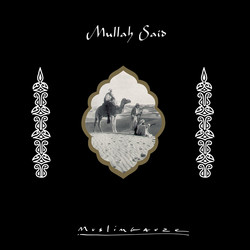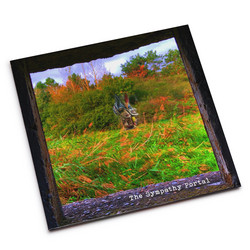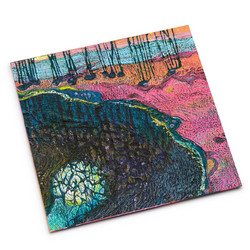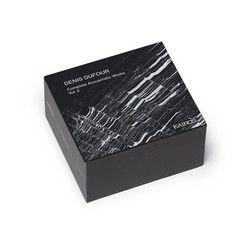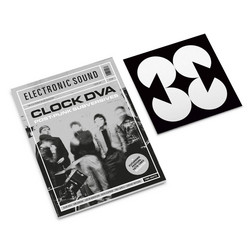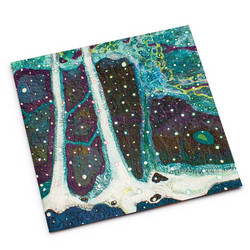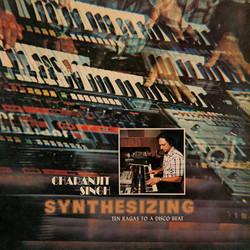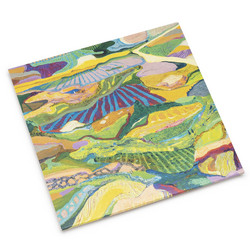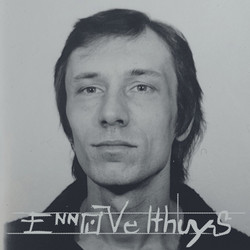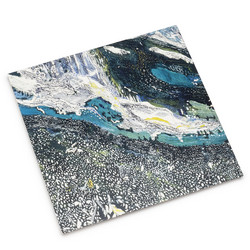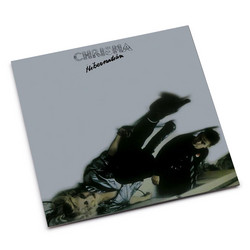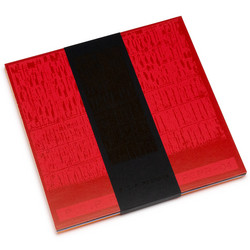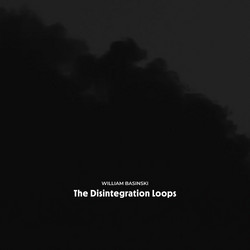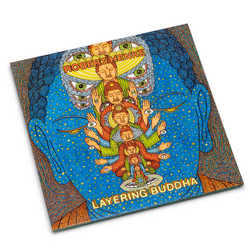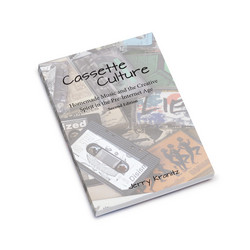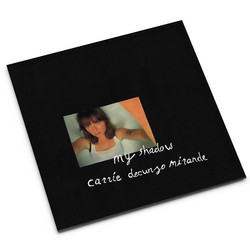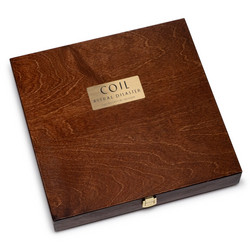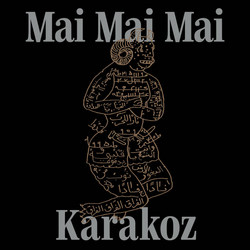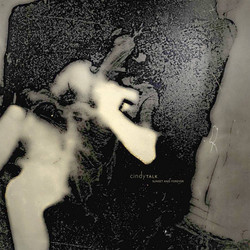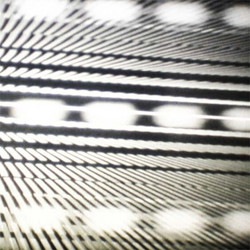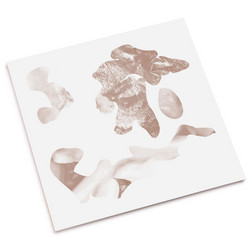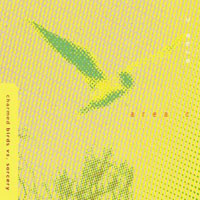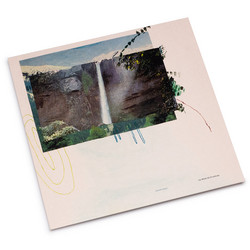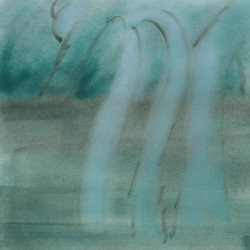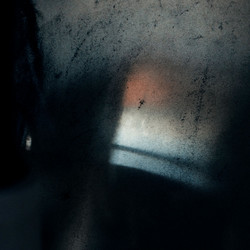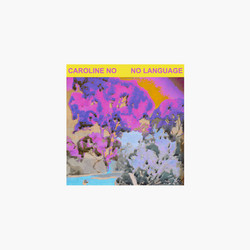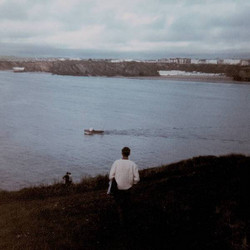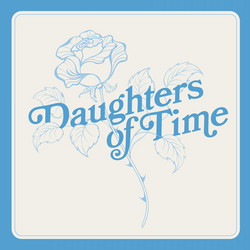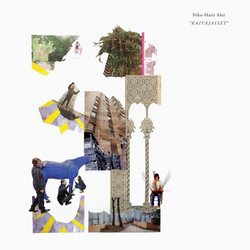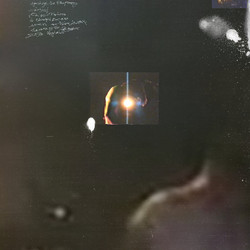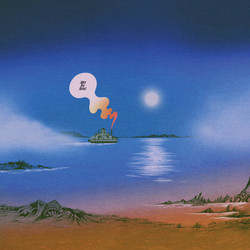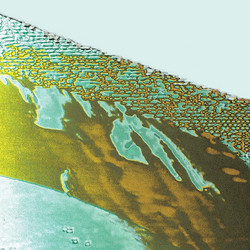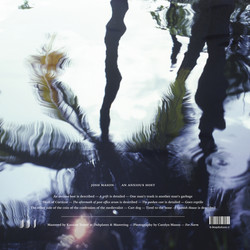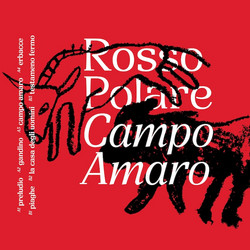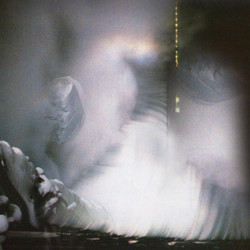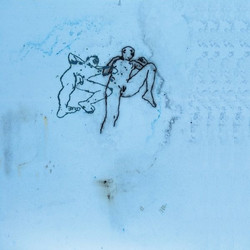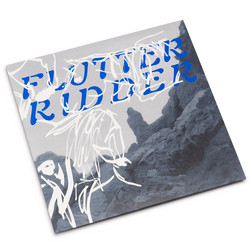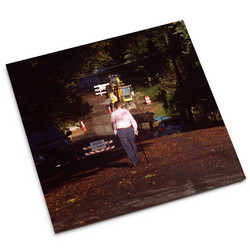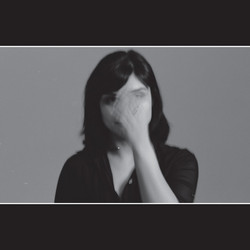City of Brides is the third full-length album by En, the Bay Area-based duo of multi-instrumentalists Maxwell August Croy and James Devane. It was recorded over the last few years in a variety of contexts and follows upon 2012's well-received Already Gone, further developing the diverse palette of that record. Across four sides, the pair presents exotic, transportive and richly detailed pieces that toe the line between ecstatic, long-form ambience and elegant, structured electronic composition. As always, Croy's koto is a focal point, its distinctive tone ringing out amidst the hazy guitar, vocal and synthesis environments that surround it. The material ranges from moody to celestial, from cool to white hot. Pieces such as 'Blonde Is Back' and 'Mendocino Nature Rave' merge sizzling modular synth lacework with plaintive, familiar drone clouds to rapturous ends, while the two-part 'Songs for Diminished Lovemaking' sequence charts a more minimal and nostalgic course. Students of Decay is pleased to present En's most realized and defining statement to date, a welcome addition to the ever-expanding and fertile topography of American West Coast drone music.
"The diversity of the instruments here helps distinguish City of Brides from peers like Pete Swanson and Oren Ambarchi, or influencers like La Monte Young. On "Mark of the Slav", En use a koto to create a foggy soundscape before drifting out into the horizon. In addition to honoring its reputation for graceful precision, En challenge the koto’s inherent solemnity by way of energetic arrangements that render it assertive, even abrasive; its shattered-glass-strums break the reverent murmur of "Secret Samba". Indeed, one could make a strong case for Croy’s playing as City of Brides’ secret weapon: a valuable source of energy on an extensive, occasionally exhausting album.
If you’re not a fan of drone, City of Brides probably won’t turn you into an acolyte. The LP gets off to a sluggish, vaguely narcotic start with "Blades" and "Dead Ringer", two relatively straightforward ambient pieces that lack the standout quirks of later tracks. Those looking for a more leaden approach may walk away disappointed as well; Devane’s guitars never reach the intensity of, say, Sunn O))). Nevertheless, there are plenty of secrets refracted through City of Brides' glassine spaces—and peering through such a globally-inspired prism is arguably as compelling as any seismic axe riff." Pitchfork
